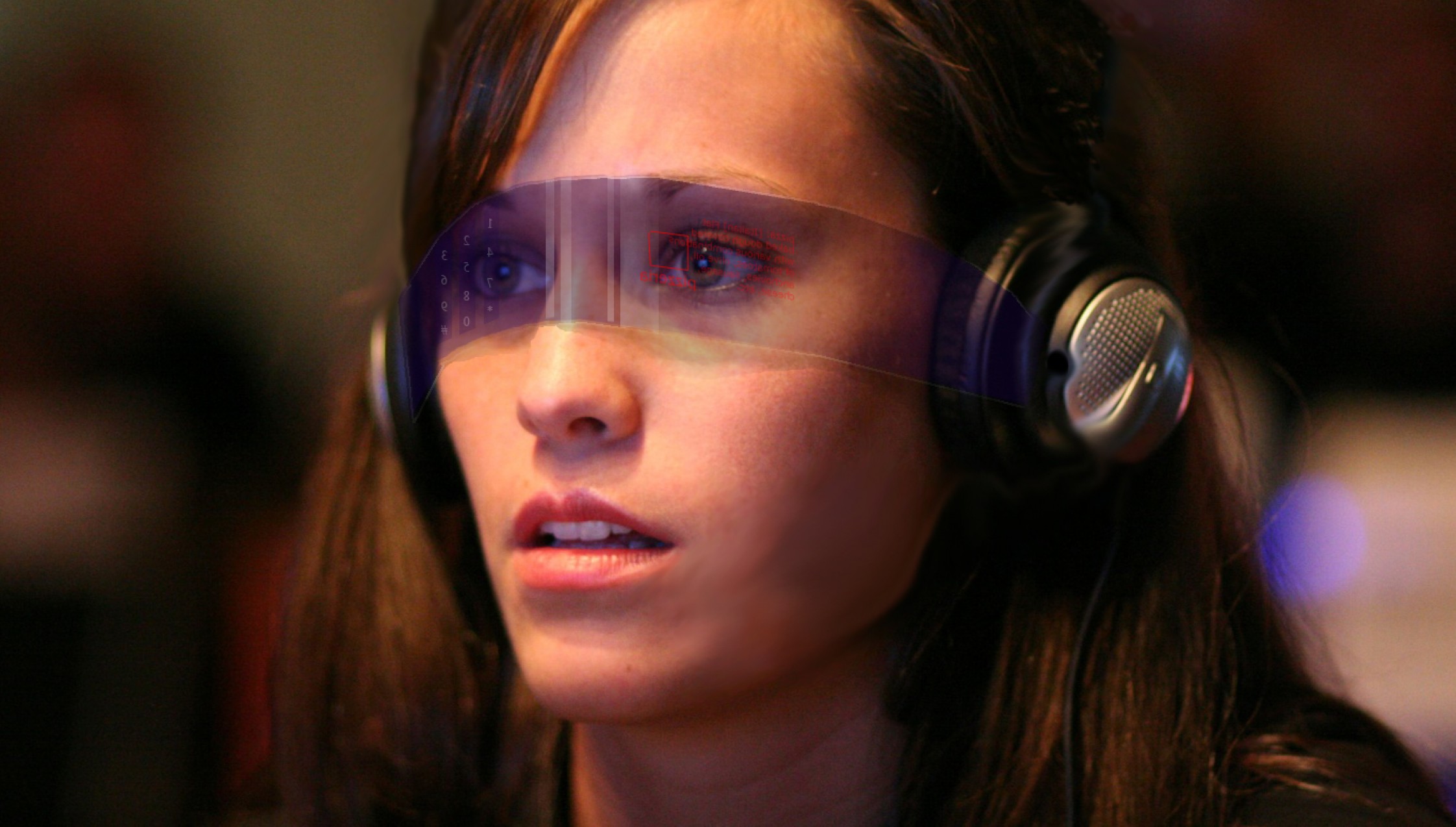Using augmented reality glasses slows down your reaction times
Too much information at once

Augmented reality, where digital data is overlaid on the real world, is fast-becoming an inevitable part of our future. From Hololens to Google Glass, major technology firms are betting big on its potential.
But that potential comes with dangers - and the latest to be uncovered is a significant increase in response times when wearing augmented reality glasses. Psychologists at the University of Central Florida have found that people are easily distracted by extra information being put in front of their eyes.
Multitasking
In tests, Joanna Lewis asked 363 student volunteers to complete a "find the object" task on a computer. Some wore Google Glass, and some did not. Of those that did, some were told to ignore information that popped up in their headset, while others were told to try to remember it.
“I am deeply interested in multitasking and what’s happening with our cognitive processing when this is happening,” Lewis said. “We’re trying to understand that at a theoretical level.”
In all the experiments, students wearing the Google Glass headset took longer to complete the main task than those who didn't. Lewis believes that this was because two sets of information (from the task and from the headset) were competing for the visual processing resources in the participants' brains.
Distracting and Dangerous
Lewis' supervisor, Mark Neider, said: "The idea here is to explore to what extent displayed secondary information might interfere with the primary task at hand, such as driving. What our data suggests is secondary information presented on a heads-up display is likely to interfere, and if that happens while driving, it may be distracting and dangerous.”
“The goal here is to make the case that we should be careful, and just because we can [integrate heads-up display technology into everyday activities] doesn’t mean we should,” Lewis added.
Sign up for breaking news, reviews, opinion, top tech deals, and more.
The full details of the experiment were published in the journal Cognitive Research.
